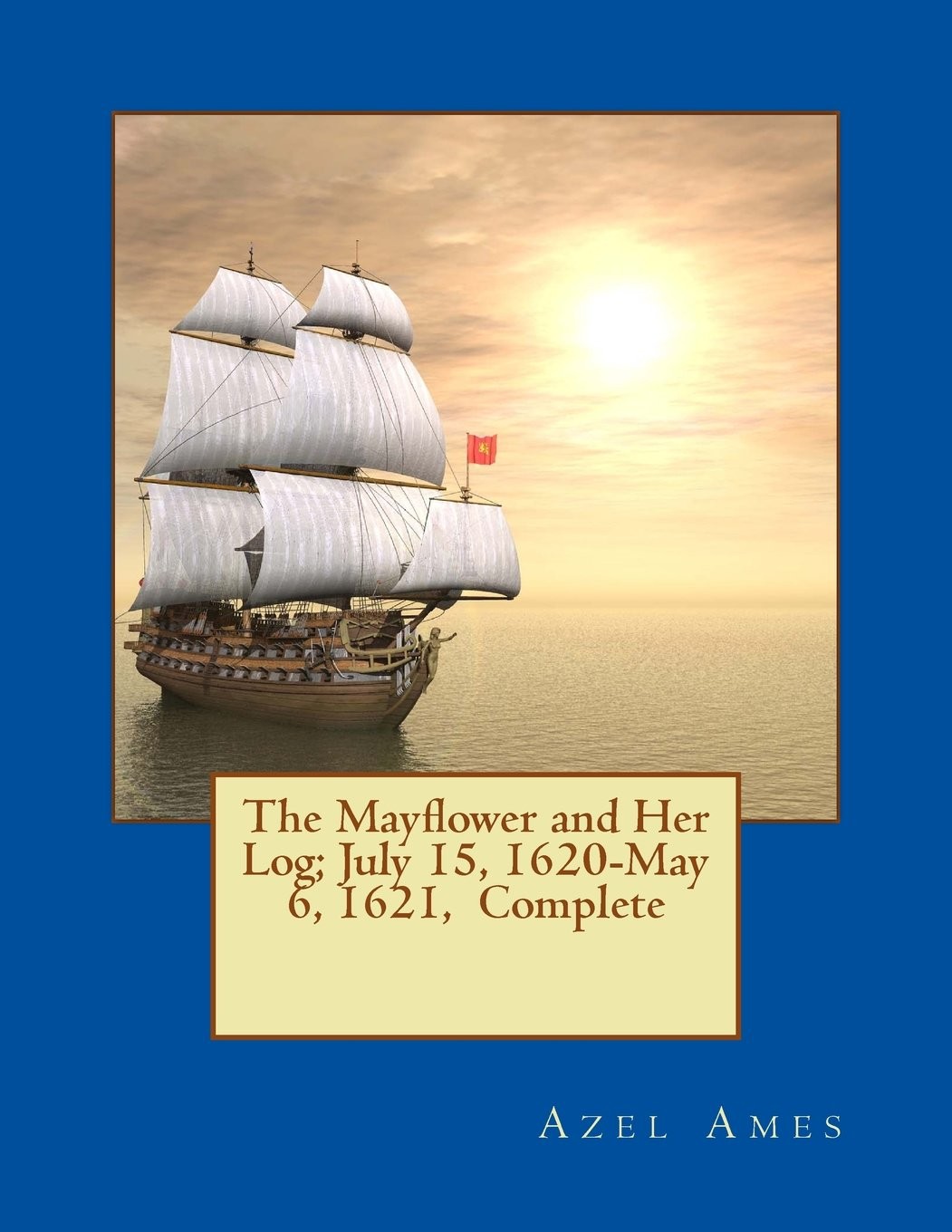
The Mayflower and Her Log; July 15, 1620-May 6, 1621, Complete PDF
Preview The Mayflower and Her Log; July 15, 1620-May 6, 1621, Complete
O civilized humanity, world-wide, and especially to the descendants of the Pilgrims who, in 1620, laid on New England shores the foundations of that civil and religious freedom upon which has been built a refuge for the oppressed of every land, the story of the Pilgrim "Exodus" has an ever-increasing value and zest. The little we know of the inception, development, and vicissitudes of their bold scheme of colonization in the American wilderness only serves to sharpen the appetite for more. Every detail and circumstance which relates to their preparations; to the ships which carried them; to the personnel of the Merchant Adventurers associated with them, and to that of the colonists themselves; to what befell them; to their final embarkation on their lone ship,—the immortal MAY-FLOWER; and to the voyage itself and to its issues, is vested to-day with, a supreme interest, and over them all rests a glamour peculiarly their own. For every grain of added knowledge that can be gleaned concerning the Pilgrim sires from any field, their children are ever grateful, and whoever can add a well-attested line to their all-too-meagre annals is regarded by them, indeed by all, a benefactor. Of those all-important factors in the chronicles of the "Exodus,"—the Pilgrim ships, of which the MAY-FLOWER alone crossed the seas,—and of the voyage itself, there is still but far too little known. Of even this little, the larger part has not hitherto been readily accessible, or in form available for ready reference to the many who eagerly seize upon every crumb of new-found data concerning these pious and intrepid Argonauts.
**
